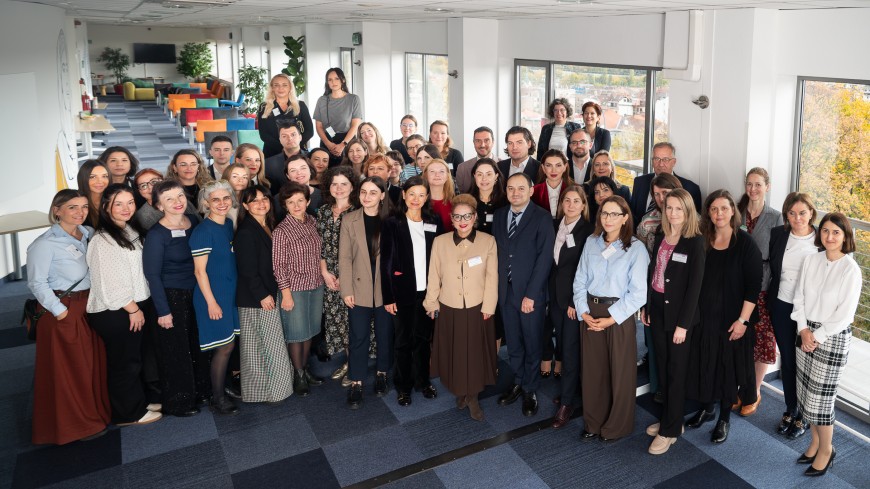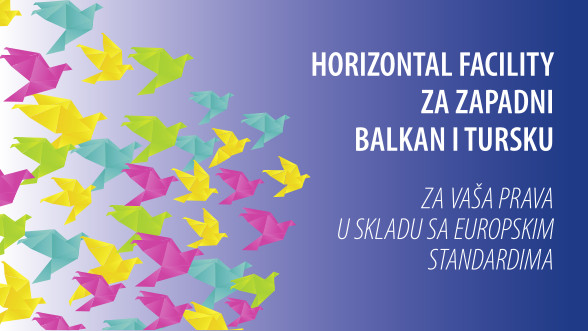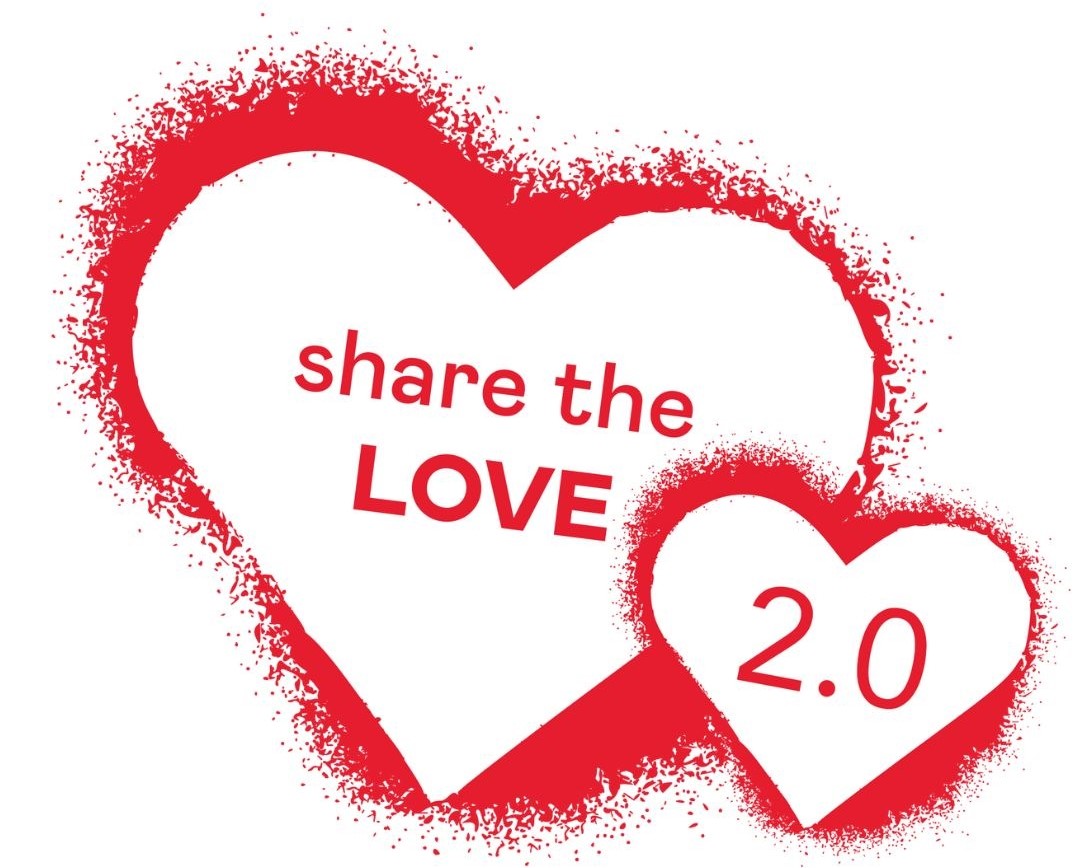Experts from the Western Balkans and Eastern Partnership regions met in Budapest to discuss how better data collection help close the gender gap in justice systems.
The roundtable brought together representatives from Ministries of Justice, National Statistics Institutes, Istanbul Convention Co-ordination Bodies, Gender Equality institutions and members of civil society of Albania, Armenia, Bosnia and Herzegovina, Georgia, Kosovo*, the Republic of Moldova, Montenegro, North Macedonia, Serbia and Ukraine. The goal was to find practical ways to link laws, data, and policies to make justice systems accessible for men and women. An open space for key actors was created to bring legislative, statistical, and policy domains in line with Council of Europe and international gender equality standards.
The meeting also featured the presentation of the Regional Eastern Partnership guidelines on data collection practices relevant for women’s access to justice. Participants provided feedback, which will be incorporated into the final document, to be published by early 2026.
Access to justice is not the same for everyone. Women and girls face distinct and often invisible barriers when interacting with the justice system, from discriminatory legal provisions and underreporting of gender-based violence, to gaps in judicial and police statistics that fail to reflect gendered patterns.
The discussion during this event showed that collecting and using gender data is vital. Data helps uncover gender inequalities that might otherwise seem unseen. It can show where institutions are improving and where more work is needed. Most importantly, good data helps ensure that the experiences of victims are recognised and counted.
“Gender data tools—instruments make justice visible, ensure institutional accountability, and give meaning to the principle of equality before the law”, said one of the participants.
This event was organised within the action “Women’s access to justice in the Western Balkans” and the project “Women's Access to Justice: implementing Council of Europe’s gender equality and violence against women standards”, which are part of the European Union/Council of Europe joint programmes “Horizontal Facility for the Western Balkans and Türkiye” and “Partnership for Good Governance”.
*This designation is without prejudice to positions on status, and is in line with UNSCR 1244 and the ICJ Opinion on the Kosovo Declaration of Independence.



